
What Girls Think When They Look In the Mirror
I was in the bathroom today because I had really bad cramps (we're not going to dive into the details, but anyway), so I was stuck in a stall for a pretty long time. I don't really understand how one designs a bathroom stall. There are always cracks on the sides between where the door hinges or opens the stall divider. In the bathroom on the fourth floor of the library, one can discreetly peer through this crack and creep on whoever happens to be at the sink.
The first girl, a tall, stocky blonde with glasses swiftly brushed her out of her face. She stared at herself, her face void of any expression beside complacency, and after a quick glance, she preoccupied her eyes with the sight of the bathroom sinks or movement of her soap-blanketed phalanges.
The second girl had eyes lightly rimmed with dark liner, pale skin, and dark hair steeply parted to the left. Here's the great thing- she turned off the faucet, looked up from her damp hands, and gave her reflection a million-dollar smile. She looked really happy to just be herself.
But then, she started to check herself out... She lifted up her over-sized hoodie, revealing a model-status flat stomach over her tight-fitting jeans. Her face lost its million dollar smile. In it's place- scrutiny. A "hmph. Good enough."
F**k, if I had a stomach like that, I'd...
I would what?
Like my body?
Oh crap. Society's reeled me in like a salmon. A less-willing, squirmy salmon, but it's taken me in its hook none-the-less.
 \
\Thigh gap (n):
The gap in between one's thighs.
*eyes my own thighs*
Wait, what thigh gap?

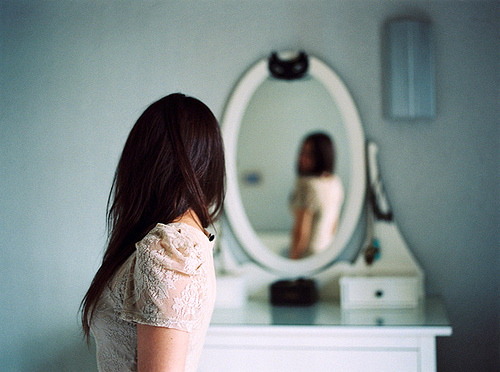
Ugh. I've got MAN shoulders.

Thanks a lot, workouts. I still look like a cow.
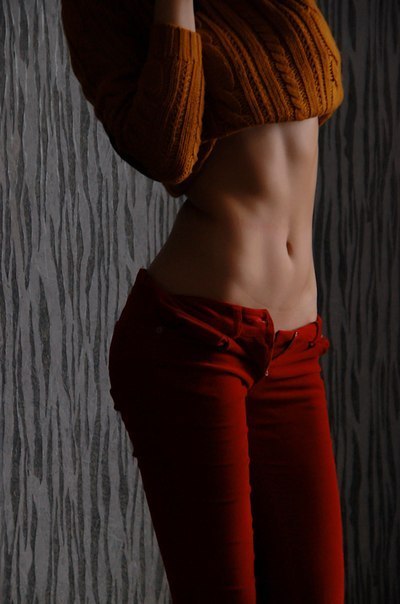
God, why can't I just be... thinner...
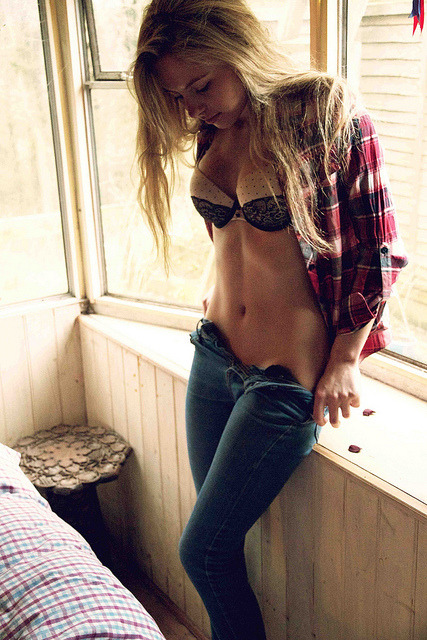
Yet, curvaceous?
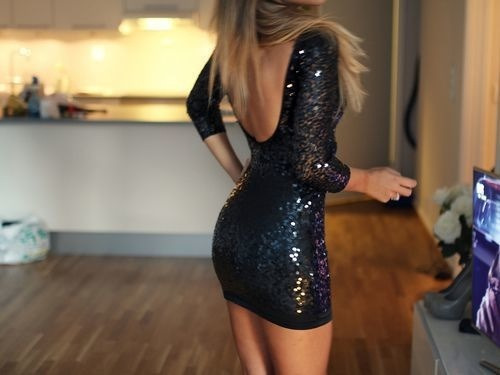
And undeniably HOT?
In the eyes of...
you know...
other people?
Society has gone about portraying a woman's body in a way which induces self-destruction and dissatisfaction. According to society, bodies deserve to be scrutinized based on a set of non-achievable standards/ purely aesthetic criteria.
- Height
- Weight
- Figure (Curves)
- Sexiness
By focusing on these vain aspects, society collectively targets the vulnerability of women, creating a self-image many girls feel they must strive for in order to achieve the ultimate reward: beauty. People strive to be beautiful. Why? Why has "beauty" become the sun around which an artificial society revolves? It seems as if Americans long for beauty because it has become thought of as synonymous to desirability.
And why have beauty and desirability become as closely linked as the notion of burning fossil fuels and global warming? One of my theories relates to consumerism. Companies selling goods must encourage consumers to buy their goods- a basic concept of economics. There must be a "need" involved that the product can fill. So, companies tend to, in a sense, construct our needs. Their medium for doing so is typically via media outlets: commercials, advertisements. They portray an image, honing in on a certain need and how their product can satisfy this need.
The woman sporting a trendy dress on the cover of Glamour represents the need for style in order to be beautiful, in order to be desirable, in order to be happy through the eyes of society. This is how need construction occurs. These artificial images, in a sense, become our eyes. Thus, we begin to see through an artificial lens. The pretty picture of a perfectly made-up eye says, "If you purchase this mascara, you'll have pretty eyes, too." The pretty picture of a thin girl with a thigh gap says, "If you can mold yourself into this form, you'll be beautiful, too."
And it's not only the United State's who has bought into this beauty-hungry sensation. And the image of beauty is, by far, not new.
 In prehistoric times, men and women would adorn themselves with clay paints or jewelry made out of shells or other materials.
In prehistoric times, men and women would adorn themselves with clay paints or jewelry made out of shells or other materials.
During the Renaissance, in Italy, women were considered beautiful if they painted their face with lead foundations and plucked their hairs to have larger foreheads. Also, voluptuous women were considered wealthy and beautiful.
.

Botticell's "Young Woman With a Mythological Guise" c. 1475
Tempera on Oil Pane
This is possibly an image of Simone Martini, who, during this era was considered the "Helen of Troy."
 In Thailand, women begin wearing neck rings around the age of five (given a set of a few ring which weighs about 4.5 pounds) and rings are gradually added throughout the years. Long necks (like those of dragons) are considered beautiful.
In Thailand, women begin wearing neck rings around the age of five (given a set of a few ring which weighs about 4.5 pounds) and rings are gradually added throughout the years. Long necks (like those of dragons) are considered beautiful.
Or Philosophy. Some scientists believe men are more attracted to women with neotony which can arise via Paedomorphism, "the retention by adults of traits previously seen only in juveniles," essentially, a youthful face.
Thus explaining why so many industries choose to market products claiming to fulfill one's need to look young.
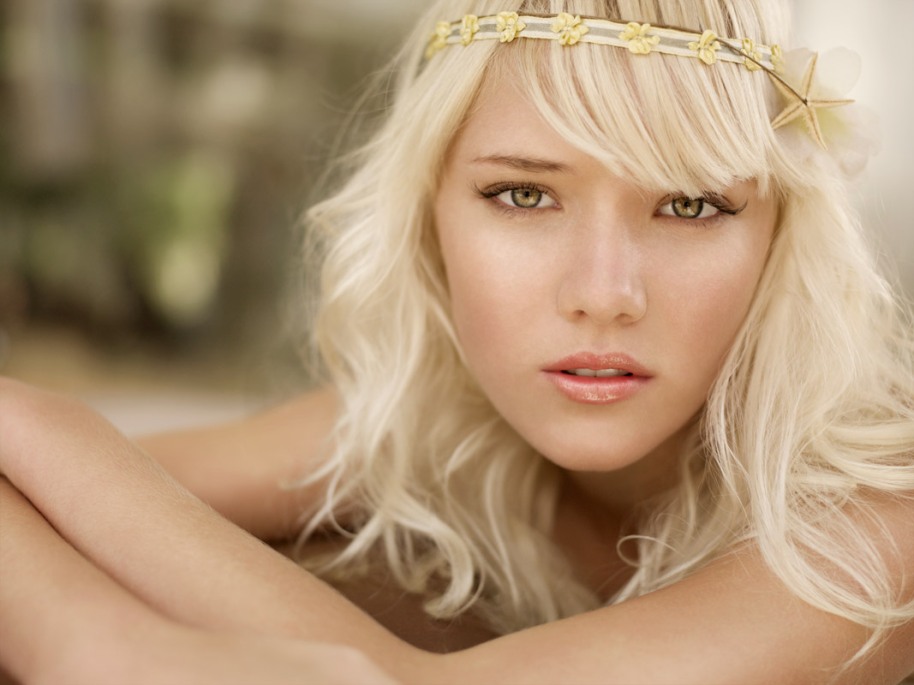
Eyeliner, mascara, and eye shadow are all products meant to enhance eyes via giving them a more "opened" or "doe-like" look.
Even when applied by the Victoria's Secret makeup artists in a smouldering, cat-eyed, angular way, one can't avoid creating an image of beauty without youth. Flawless skin. Bright eyes. Glossy lips.
Aaaannnndd.. now you feel like a pedophile for comparing a VS model with a baby. (Awkward)
Anyway, let's just say media doesn't help promote positive body image.
Tumblr, anyone? Clothing websites?
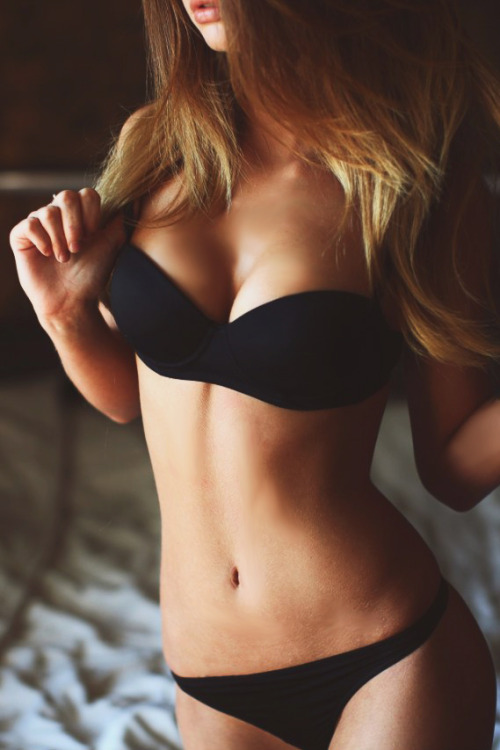

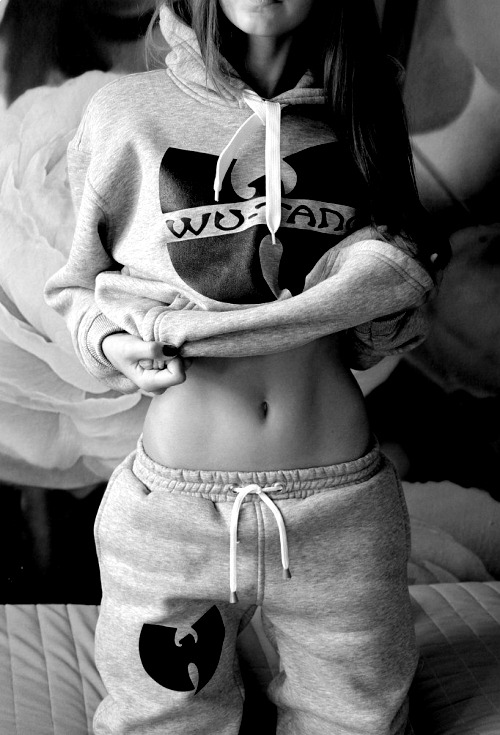
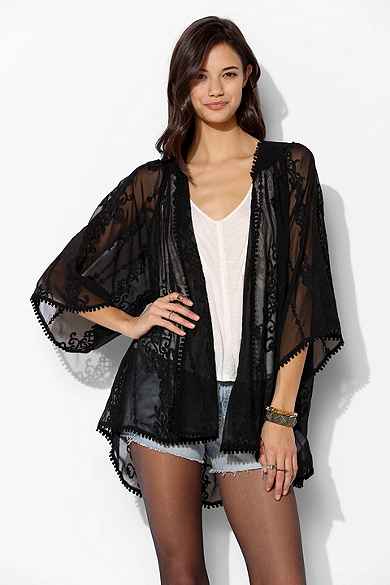
Youtube?

Sometimes fun to wish society would strive to encourage the motion that "beauty comes from within," ... but that concept is unmarketable and therefore, artificial beauty reigns.
That's enough babbling for now. Time to finish-up studying for finals c:
Coming up next: An article on judgement
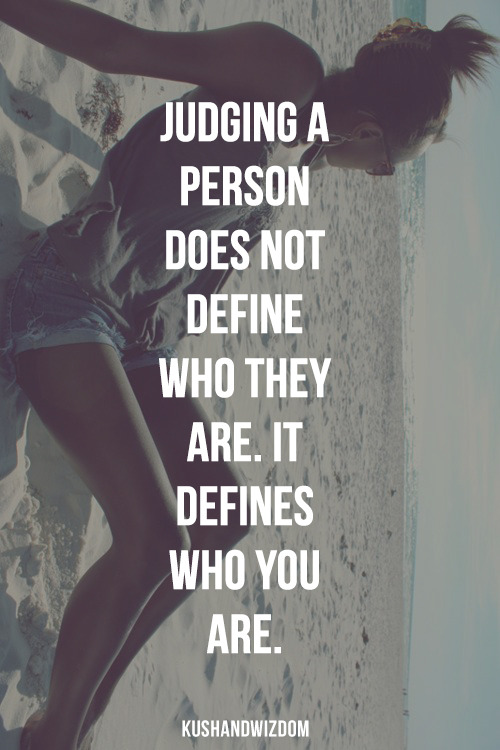
Sources:
- http://news.urban360.com.mx/98505/una-nueva-moda-amenaza-a-las-mas-jovenes/
- http://www.theempressofdress.com/2013/06/08/surf-city-santa-cruz-california/
- http://www.thebeautybiz.com/78/article/history/beauty-through-ages-renaissance
- http://www.environmentalgraffiti.com/news-taboo-neck-rings-kayan-women-thailand
- Tyra Bank's show, "True Beauty"
- http://en.wikipedia.org/wiki/Neoteny